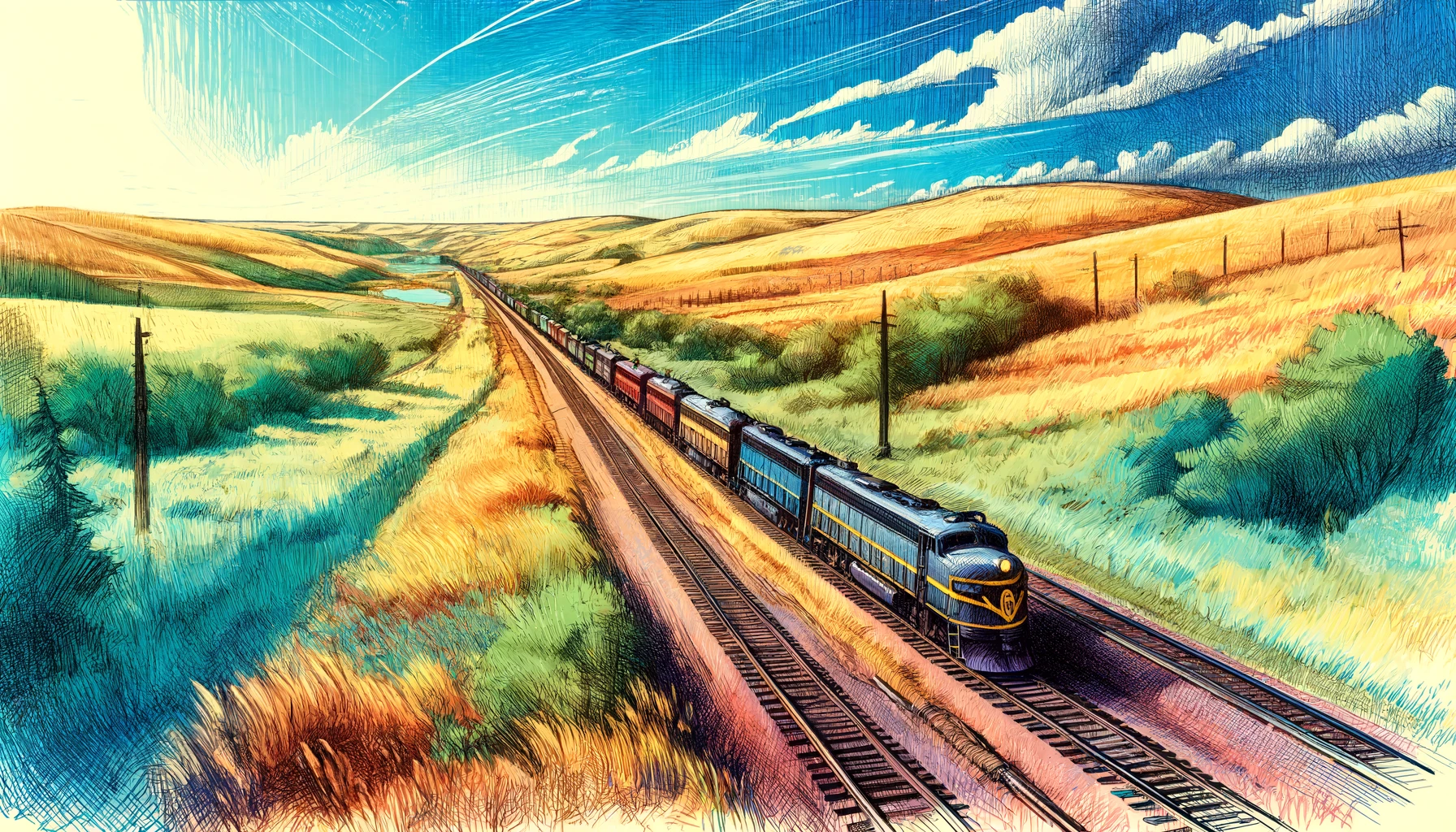Farm Markets of Nebraska

Traveling through Nebraska, particularly in the spring and summer months, offers visitors the opportunity to experience the rich agricultural heritage of the region through farm marketplaces. These vibrant marketplaces provide a platform for local farmers to sell their fresh produce, artisanal cheeses, baked goods, and other products directly to consumers. Farm markets not only promote the local economy but also serve as a reflection of the community's values and culinary traditions.
Omaha's Historic Farmers Market, located in the heart of downtown Omaha, is a prime example of a thriving farm marketplace. Established in 1871, this market has been a staple in the community for over 140 years, offering an array of products from over 100 vendors. The market operates from May to October, attracting thousands of visitors each week who come to sample local delicacies, purchase fresh produce, and socialize with the community.
Farm marketplaces in Nebraska often specialize in products unique to the region. The city of Fremont, situated in the northeastern part of the state, is home to the Fremont Farmers Market, which takes place every Saturday from June to September. This market is known for its specialty jams and jellies made from locally-grown fruits, such as strawberries and raspberries, which grow abundantly in the area. Similarly, the Lincoln Farmers Market, held in the city of Lincoln, offers an assortment of baked goods, including traditional Nebraska staples like Runza sandwiches and kolaches.
Another notable farm marketplace in Nebraska is the Haymarket Farmers Market in Lincoln. This market operates year-round, every Saturday from 8 am to 1 pm, providing customers with access to local produce during all seasons. The market is especially famous for its fall festivities, which include a pumpkin carving competition and a holiday market featuring homemade crafts and decorations.
From a socioeconomic perspective, farm marketplaces in Nebraska play a crucial role in promoting local agriculture and supporting small-scale farmers. Many market vendors rely on these platforms to generate a significant portion of their income, highlighting the need for sustainable and equitable agricultural practices. Furthermore, these marketplaces serve as community hubs, fostering social connections and a sense of belonging among residents.
The impact of farm marketplaces extends beyond local economies and social dynamics, influencing regional culinary traditions and shaping national food systems. By supporting farm marketplaces, consumers can contribute to a more diverse and sustainable food landscape, ultimately benefiting both the environment and their communities.
In addition to their economic, social, and environmental implications, farm marketplaces in Nebraska also demonstrate a unique blend of tradition and innovation. Many market vendors incorporate modern technologies, such as online ordering and payment systems, to streamline their operations and reach a broader customer base. This integration of technology with traditional practices showcases the adaptability and resilience of local food systems.
Omaha's Historic Farmers Market, located in the heart of downtown Omaha, is a prime example of a thriving farm marketplace. Established in 1871, this market has been a staple in the community for over 140 years, offering an array of products from over 100 vendors. The market operates from May to October, attracting thousands of visitors each week who come to sample local delicacies, purchase fresh produce, and socialize with the community.
Farm marketplaces in Nebraska often specialize in products unique to the region. The city of Fremont, situated in the northeastern part of the state, is home to the Fremont Farmers Market, which takes place every Saturday from June to September. This market is known for its specialty jams and jellies made from locally-grown fruits, such as strawberries and raspberries, which grow abundantly in the area. Similarly, the Lincoln Farmers Market, held in the city of Lincoln, offers an assortment of baked goods, including traditional Nebraska staples like Runza sandwiches and kolaches.
Another notable farm marketplace in Nebraska is the Haymarket Farmers Market in Lincoln. This market operates year-round, every Saturday from 8 am to 1 pm, providing customers with access to local produce during all seasons. The market is especially famous for its fall festivities, which include a pumpkin carving competition and a holiday market featuring homemade crafts and decorations.
From a socioeconomic perspective, farm marketplaces in Nebraska play a crucial role in promoting local agriculture and supporting small-scale farmers. Many market vendors rely on these platforms to generate a significant portion of their income, highlighting the need for sustainable and equitable agricultural practices. Furthermore, these marketplaces serve as community hubs, fostering social connections and a sense of belonging among residents.
The impact of farm marketplaces extends beyond local economies and social dynamics, influencing regional culinary traditions and shaping national food systems. By supporting farm marketplaces, consumers can contribute to a more diverse and sustainable food landscape, ultimately benefiting both the environment and their communities.
In addition to their economic, social, and environmental implications, farm marketplaces in Nebraska also demonstrate a unique blend of tradition and innovation. Many market vendors incorporate modern technologies, such as online ordering and payment systems, to streamline their operations and reach a broader customer base. This integration of technology with traditional practices showcases the adaptability and resilience of local food systems.
